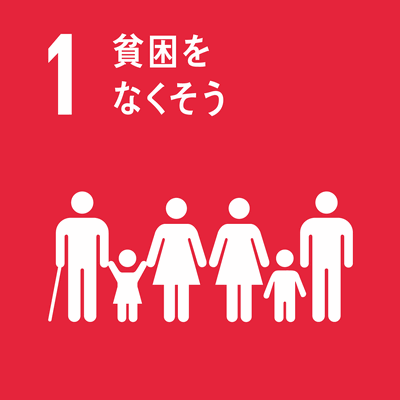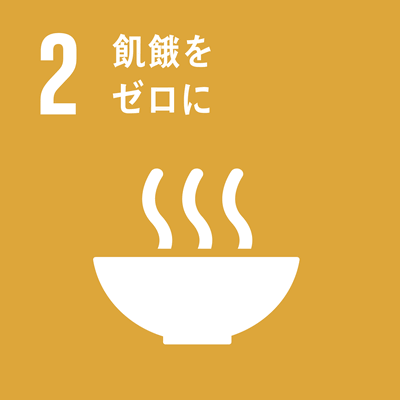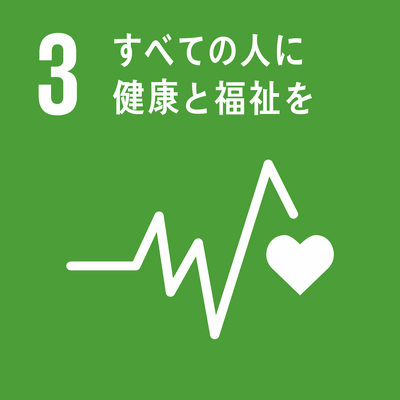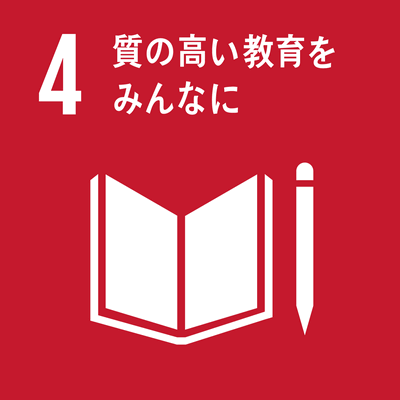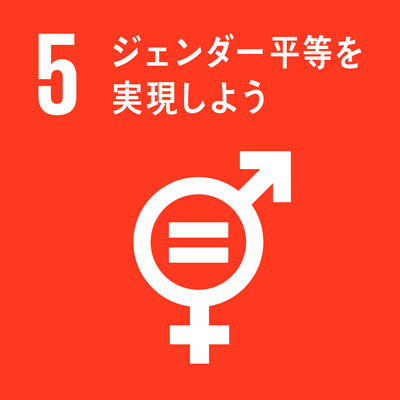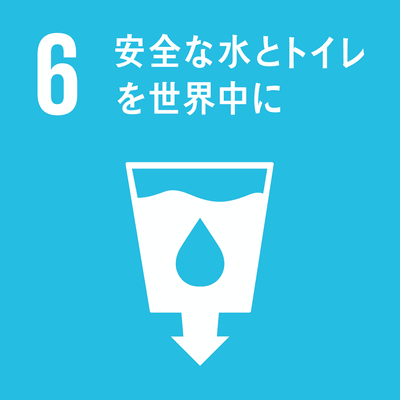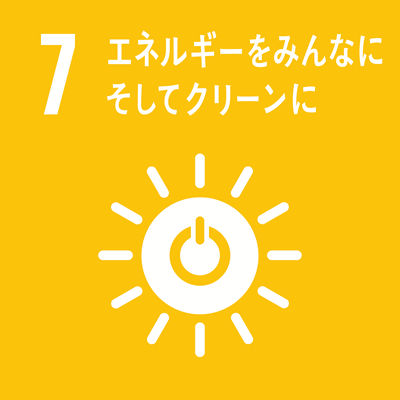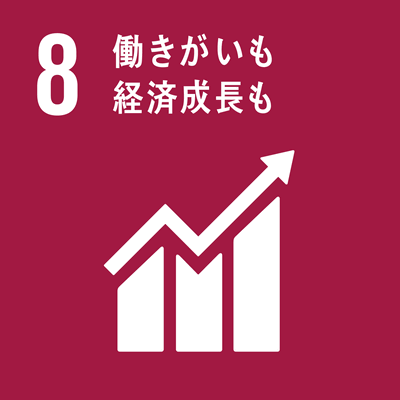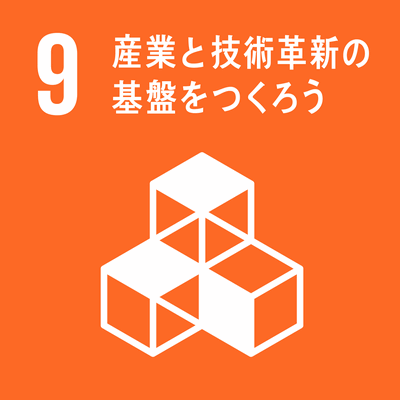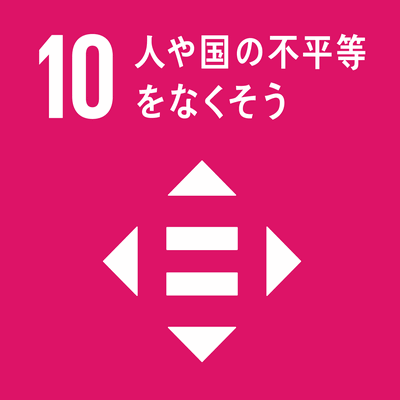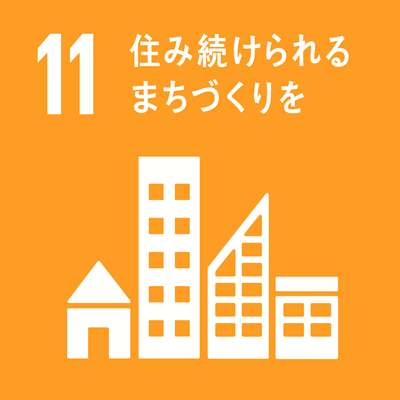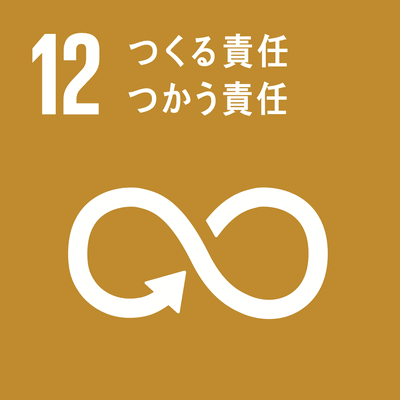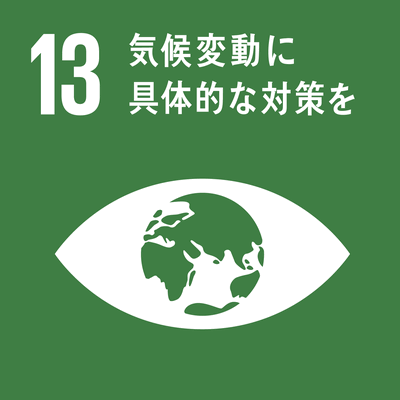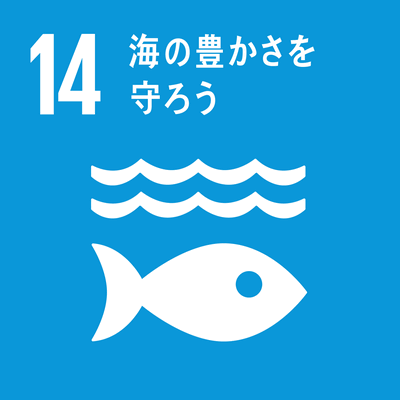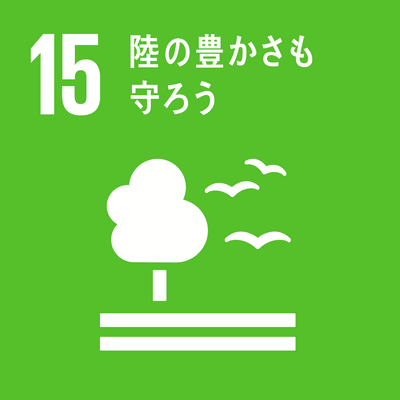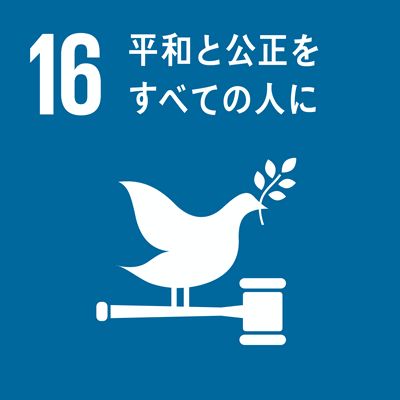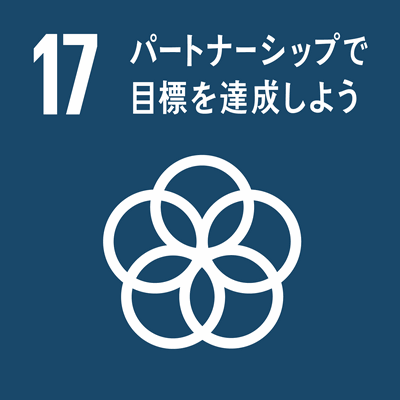シラバス表示
シラバスの詳細な内容を表示します。
→ 閉じる(シラバスの一覧にもどる)
科目の基本情報
| 開講年度 | 2021 年度 | |
|---|---|---|
| 開講区分 | 教養教育・教養統合科目・国際理解・現代社会理解 | |
| 受講対象学生 |
学部(学士課程) : 1年次, 2年次, 3年次, 4年次, 5年次, 6年次 留学生と英語で学ぶ国際共修 |
|
| 授業科目名 | 環境学A | |
| かんきょうがくえー | ||
| Enviromental Studies A | ||
| 授業テーマ | 環境問題と地球 | |
| 単位数 | 2 単位 | |
| ナンバリングコード | libr-comp-ENVS1211-003
|
|
| 開放科目 | 非開放科目 | |
| 分野 | 社会 (2014年度(平成26年度)以前入学生対象) | |
| 開講学期 |
後期 |
|
| 開講時間 |
金曜日 3, 4時限 |
|
| 授業形態 |
ハイブリッド授業 * 状況により変更される可能性があるので定期的に確認して下さい
「オンライン授業」・・・オンライン会議ツール等を利用して実施する同時双方向型の授業 |
|
| 開講場所 | 国際交流センター 視聴覚室(総合研究棟Ⅱ2階) | |
| 担当教員 | マホニー・ブライアン・ジェームス(非常勤講師) | |
| Brian James Mahoney | ||
| Instructor can be contacted through CIER office. | ||
| SDGsの目標 |
|
|
| 連絡事項 | * 状況により変更される可能性があるので定期的に確認して下さい |
|
学修の目的と方法
| 授業の概要 | To study and evaluate various environmental issues relating to global warming, biodiversity, our planet earth and to begin to recognize the impact these pose to life and sustainability. |
|---|---|
| 学修の目的 | For students to develop a greater awareness of the environment and global issues relating to it. To understand differing views that help shape the dynamics of the movements for global change. And for students to learn the basics of the language used to discuss these topics on the global stage. |
| 学修の到達目標 | The goal of this course is for students to: Learn about the current state of the environment through the WWF Livng Planet Index 2016 / 2018 report, read and write clearly with detail about Energy Issues in Japan, the Carbon Cycle, and the crucial roles that a particular species plays in its environment. Students will be able to describe environmental issues and explain about ways to solve these issues through the "four levels of thinking" model (WWF). |
| ディプロマ・ポリシー |
|
| 成績評価方法と基準 | Class Point total: 100 points. Assginment #1 (25 points), Assignment #2 (25 points), Final Assignment (Two Parts: 25 points each). |
| 授業の方法 | 講義 演習 |
| 授業の特徴 |
問題自己設定型PBL プレゼンテーション/ディベートを取り入れた授業 グループ学習の要素を加えた授業 地域理解・地域交流の要素を加えた授業 教員と学生、学生相互のやり取りが、ほぼ英語で進められる授業 |
| 授業改善の工夫 | |
| 教科書 | The text for this course, World Wildlife Fund for Nature Living Planet Index (LPI) 2016 / 2018 editions, are available for free online. Any additional materials will be provided by the instructor. Students have access to university computers made available in the classroom. |
| 参考書 | Environmental Documentary and Feature Film: Several titles throughout the course will be presented in order to provide additional support to subject matter. These films will be shown in English/Japanese with English/Japanese subtitles. |
| オフィスアワー | Friday after class: 12:00-12:30 (CIER classroom) |
| 受講要件 | This is an English content class and therefore a strong background in English writing, reading and communication is necessary. For Japanese students an above average score of at least 600 on the TOEIC test or similar test(s) is necessary. Overseas study and/or international exchange experience is also a plus. *An above average score of at least 730 points on the TOEIC test is a strong indicator of English ability needed for success in this course. |
| 予め履修が望ましい科目 | |
| 発展科目 | |
| その他 | Please note that a short essay may be required prior to official acceptance into this class. |
授業計画
| MoodleのコースURL |
|---|
| キーワード | 環境問題、私たちの地球、生物多様性、エコシステム、伝統と文化 |
|---|---|
| Key Word(s) | Environmental Issues, Our Planet Earth, Biodiversity, Eco-Systems, Tradition & Culture |
| 学修内容 | Class 1: Course Introduction. Students will respond in writing to several questions in regards to the course topic. Class 2: Part One: Energy Issues in Japan. Nuclear Power, Nuclear Waste & Alternative Energy issues will be introduced & discussed. Class 3: Students will view a documentary about nuclear waste [Into Eternity]. Considering the information from the film, students will be informed about the current state of nuclear waste disposal and future disposal ideas as considerd by the government of Japan. Class 4, 5: Students will be introduced to WWF's Problem Solving in a Complex World and to the "four levels of thinking" model for solving complex issues. Student's will consider how to solve the issues relating to nuclear energy and nuclear waste. Class 6: The Carbon Cycle & Our Planet Earth: Students will learn about the Carbon Cycle and view related documentary [Nature's Great Events: Salmon Migration]. Class 7: Students will view a documentary [Green] and discuss about the effects of deforestation and the ever increasing erosion of vital eco-systems. A growing list of resources produced from palm oil and this impact on the environment will be discussed. Class 8 & 9: Students will consider the information from the documentaries, and WWF's "four levels of thinking" model to write a short report about the Carbon Cycle and the environment. Class 10: Part Two: Assessing the IUCN Red List. All animals are important to their environment. Students will select a vertebrate or invertebrate species of their choosing to research and prepare a Research Report and a media presentation for in class. Class 11: Students will select a vertebrate species from the wild & address these questions: What important role does the species play in its environment, and what if the numbers of this species were to fall too low or even to become extinct? Class 12 & 13: Student will begin to address these questions in their Research Report. They will also begin to prepare their media presentations in class. Class 14 & 15: Upon completion of their Research Reports & Media, students will present their work in class. Class 16: Students will receive a full assessment of their work throughout the semester. |
| 事前・事後学修の内容 | Prior to the following week's class, students will be assigned various prep work assignments, including, magazine/newspaper articles, research articles, online videos, etc. It is expected that students will spend from 1 - 3 hours per week on these prep work assignments. Students will also be expected to contact with the instructor during the week through email. Follow up work from these assignments may take an additional 1 to 2 hours of study time. |
| 事前学修の時間:60分/回 事後学修の時間:60分/回 |
